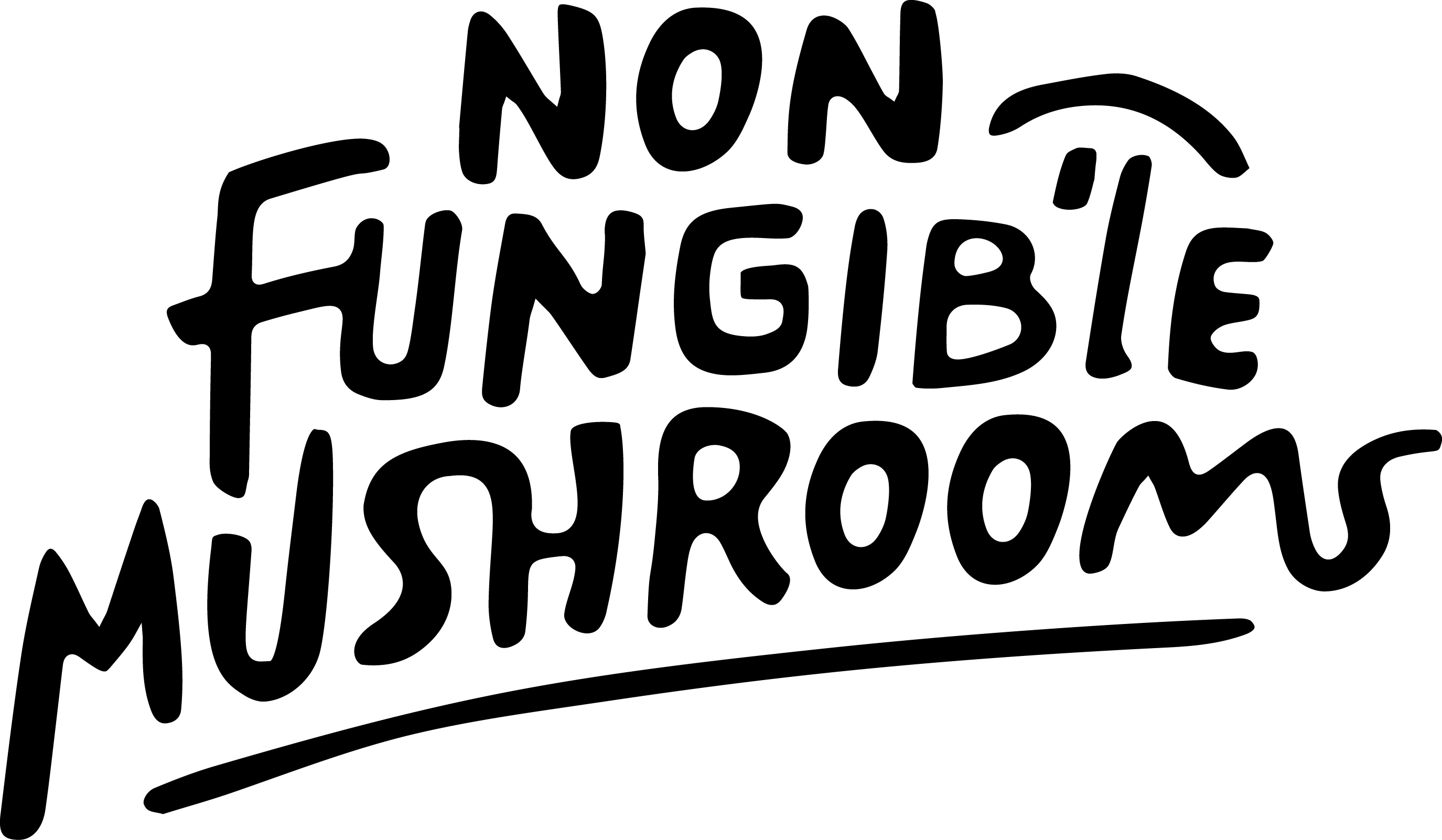

Psychedelic mushrooms have been a hot topic and have gotten really popular ever since the rise of the Joe Rogan podcast. The mushrooms have been brought under the microscope through the podcast as it offers a transcending experience. Many independent scientists have used these mushrooms as an experimental form of therapy to treat PTSD and trauma.
Psychedelic mushrooms, those enigmatic fungi with a reputation for unlocking altered states of consciousness, have captivated humanity for millennia. Yet, shrouded in a veil of mystery and misconception, questions linger about their long-term effects.
Are they simply mind-bending substances for recreational use, or do they hold the key to unlocking therapeutic benefits? Let's embark on a journey through the fascinating world of psychedelic mushrooms and explore the potential mushroom side effects, and long-term consequences, both positive and negative.
Before delving into the specifics, a basic understanding of these enigmatic fungi is essential. Psychedelic mushrooms encompass a diverse group of species, each harboring psychoactive compounds like psilocybin and psilocin. These powerhouses interact with the brain's serotonin system, particularly the 5-HT2A receptors, triggering a cascade of effects that lead to altered perception, heightened emotions, and a sense of profound connection. A typical psychedelic experience, lasting several hours, can be a kaleidoscope of intense visuals, distorted time and space perception, and a deep dive into the user's psyche. But the story doesn't end there. Understanding the long-term effects is crucial for responsible exploration.
The initial effects of psychedelic mushrooms can be quite dramatic, both physically and psychologically. Physically, you might experience an increased heart rate, tremors, or even nausea. Psychologically, the experience can be a rollercoaster ride, encompassing euphoria, heightened creativity, and a sense of deep connection with oneself and the world around them. However, the journey can take a turn, leading to anxiety, fear, and even paranoia – often referred to as "bad trips." These experiences, though unsettling, typically subside as the effects wear off.
The good news? Mushroom side effects long-term from psilocybin are relatively rare for healthy individuals. However, if you have pre-existing health conditions like heart problems or high blood pressure, the increased heart rate associated with psilocybin might exacerbate them. It's always advisable to consult a healthcare professional before embarking on a psychedelic journey, especially if you have any underlying health concerns.
One potential long-term physical risk is Hallucinogen Persisting Perception Disorder (HPPD). This condition involves lingering visual disturbances, like trails or shimmering objects, even after the effects of the drug have worn off. Though not life-threatening, HPPD can be unsettling for some users.
Recent research suggests that psilocybin may induce structural and functional changes in the brain, particularly in areas associated with mood regulation and emotional processing. While the long-term implications of these changes are still being explored, they could potentially explain some of the positive psychological effects reported by users.

Psychedelic mushrooms have the potential to leave a lasting mark on the psyche. Users often report increased emotional well-being, a shift in personality traits, and even behavioral changes. These changes can be positive, leading to greater self-awareness, improved coping mechanisms, and a more optimistic outlook. However, a darker side exists. Psychedelic experiences can trigger latent mental health issues, and in rare cases, psychosis, a mental disorder characterized by a loss of touch with reality, can be induced. While this risk is low, it's crucial to be aware of it, especially for those with a family history of mental illness.
Another phenomenon to consider is flashbacks. These can range from fleeting imagery to a full-blown re-emergence of the psychedelic experience. While less common with psilocybin compared to LSD, flashbacks can be unsettling and require support from a mental health professional.
Addiction and Dependence: A Question Mark – Psilocybin isn't considered physically addictive in the traditional sense. However, some users may develop a psychological dependence, characterized by a strong desire to repeat the experience. This is uncommon, but it's important to be mindful of the potential. Additionally, co-usage with other drugs, particularly stimulants, can increase risks and should be avoided.
The Therapeutic Potential: A Glimmer of Hope – While the recreational use of psychedelic mushrooms comes with its own set of risks, the potential therapeutic applications are significant. Research suggests that psilocybin can be effective in treating various mental health conditions, including depression, anxiety, and addiction. Controlled clinical trials have shown promising results, with users experiencing lasting improvements in mood and emotional well-being.
The focus here is on therapeutic use under the guidance of a qualified professional. Recreational use, especially in uncontrolled settings, can pose a higher risk of negative experiences. Here's where the conversation around responsible use and harm reduction becomes crucial.
If you're considering exploring the world of psychedelic mushrooms, it's crucial to prioritize harm reduction. Here are some key strategies to navigate this journey safely:
The field of psychedelic research is experiencing a renaissance. More comprehensive studies are needed to fully understand the long-term effects of psilocybin, both positive and negative. These studies will be crucial for informing regulations and paving the way for potential medicinal applications. Currently, psilocybin remains a Schedule I controlled substance in the United States, meaning it has a high potential for abuse and no currently accepted medical use. However, increasing research and public interest are pushing for regulatory reform. Several countries have already decriminalized psilocybin, and some U.S. states are considering similar measures.
It's important to remember that psychedelic mushrooms are powerful tools, not recreational toys. Responsible research engagement and professional guidance are essential for maximizing their potential benefits while minimizing risks. Blind exploration, on the other hand, can lead to negative consequences.
Psychedelic mushrooms offer a glimpse into a world beyond the ordinary, with the potential for profound personal transformation and even therapeutic benefits. However, the journey is not without its risks. Understanding the long-term effects, both positive and negative, is crucial for responsible exploration. This blog post has aimed to shed light on the complex landscape of psychedelic mushrooms. While the potential for personal growth and therapeutic applications is exciting, a cautious and informed approach is essential. Further research and responsible engagement are key to unlocking the full potential of these fascinating fungi while ensuring safety and well-being. PLEASE NOTE: Non-Fungible Mushrooms aims to provide all the information that is readily available online about everything related to mushrooms. We merely want to provide the relevant information that surrounds the interesting world of mushrooms.